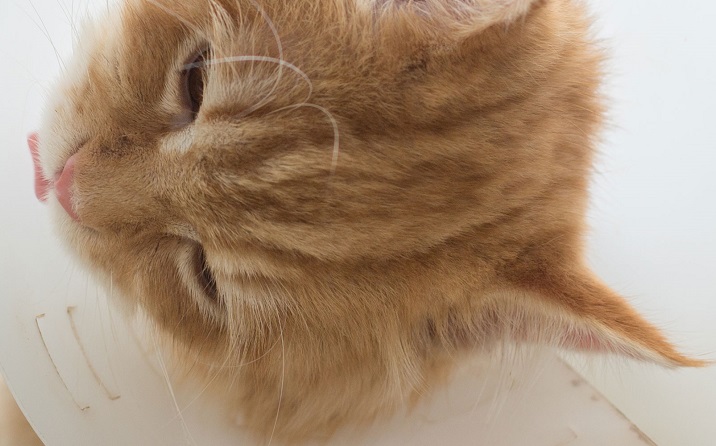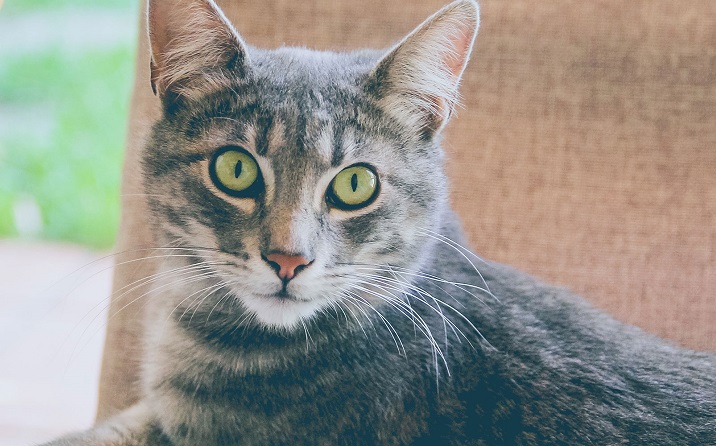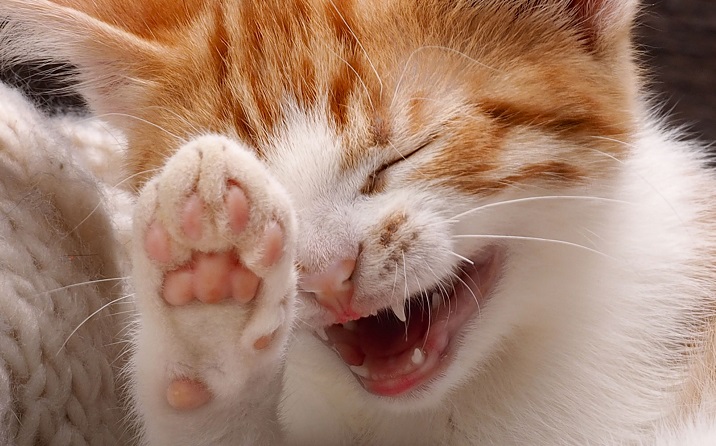Why should I vaccinate my kitten?
Vaccinations are a crucial part of the preventative care system you should provide your kitten. By vaccinating them, you safeguard your kitten from contracting severe illnesses that can have major health implications. Many of these diseases are highly contagious and some of them cannot be treated. It’s vital that you protect your kitten by building their immunity when they are young.
Vaccinations Greencross Vets offers
Core vaccines
These are essential for every cat in Australia to receive as they protect them from serious diseases.
The core vaccines are:
- feline herpes virus
- feline calicivirus
- feline panleukopaenia
These vaccines are often grouped together into a single injection called the F3 vaccine.
Common non-core vaccines
These will be recommended by your vet depending on your kitten’s unique circumstances, such as the area you live, whether they are an indoor or outdoor cat, and other lifestyle elements.
Non-core vaccines are:
- feline immunodeficiency virus
- feline leukaemia
- feline chlamydia
Kitten vaccination schedule
| 6-8 weeks | First vaccination | Herpes, Calicivirus, Panleukopaenia, (FIV) |
| 10-12 weeks | Booster vaccination | Herpes, Calicivirus, Panleukopaenia, (FIV), (Leukaemia, Chlamydia) |
| 14-16 weeks | Final kitten vaccination | Herpes, Calicivirus, Panleukopaenia, (FIV), (Leukaemia, Chlamydia) |
| 1 year after | First adult booster vaccination | Herpes, Calicivirus, Panleukopaenia, (FIV), (Leukaemia, Chlamydia) |
| Every 1-3 years after | Booster vaccinations | Herpes, Calicivirus, Panleukopaenia, (FIV), (Leukaemia, Chlamydia) |
If you plan to allow your kitten outdoors and to socialise with other cats, we recommend including the Feline Immunodeficiency Virus (FIV) vaccine in their vaccination program. The FIV vaccine course is 3 injections and can be administered either every 2 weeks or once per month.
The addition of chlamydia and leukaemia into your kitten’s vaccine regime is dependent on many factors such as exposure to other outdoor cats, presence of disease in the local area, and history of cat fights in the neighbourhood. It is recommended that you discuss with your Greencross Vet to determine which vaccine is best for your unique kitten.
Vaccinations and socialisation
Kittens should be exposed to a variety of new situations and environments at a young age so they do not become fearful and display antisocial behaviour as adults.
Ten days after receiving their final kitten vaccination, it is safe for your kitten to explore the outdoors. Before this, take care to only socialise your kitten with vaccinated cats and avoid taking them outside until they have received the full course of FIV vaccinations.
What to expect after vaccination
Though it is uncommon, your kitten may experience slight side effects that appear very soon after the vaccination. These include lethargy and loss of appetite, or much less commonly, allergic reactions such as skin irritation, vomiting and diarrhoea. It is best to remain at the clinic for a short period after the vaccinations have been administered so your vet can monitor symptoms.
WebVet
We’re always by your side when you need us. Contact a Greencross Vet online anytime, anywhere 24/7 via video call. Learn more about WebVet.

Desexing
Desexing (neutering or spaying) your kitten provides them with many health benefits and prevents behavioural problems. Our facilities are sterile and use the latest in surgical equipment. Speak with your Greencross Vet about desexing your kitten today.

Is your cat at risk of Feline AIDs?
If your cat is at risk of developing FIV and Feline AIDs, it is important to speak with your vet about incorporating an FIV vaccination into their preventative health care program.

Teething
Your kitten’s adult teeth will start growing in when they are 3-4 months old. Take your kitten in for a dental checkup when they are 6 months old to address any problems before all their permanent teeth come in.
<h2>Healthy Pets Plus Membership Benefits</h2>

Vaccinations & Microchipping
- free vaccinations
(as recommended by your Greencross Vet) - free microchipping (if needed)

Parasite Prevention
- 20% discount on parasite prevention
- 20% discount on heartworm injection

Consultations
- unlimited consultations

Nutrition
- 20% discount on pet food
- nutritional counselling and weight management

 Greencross Vets
Greencross Vets 


